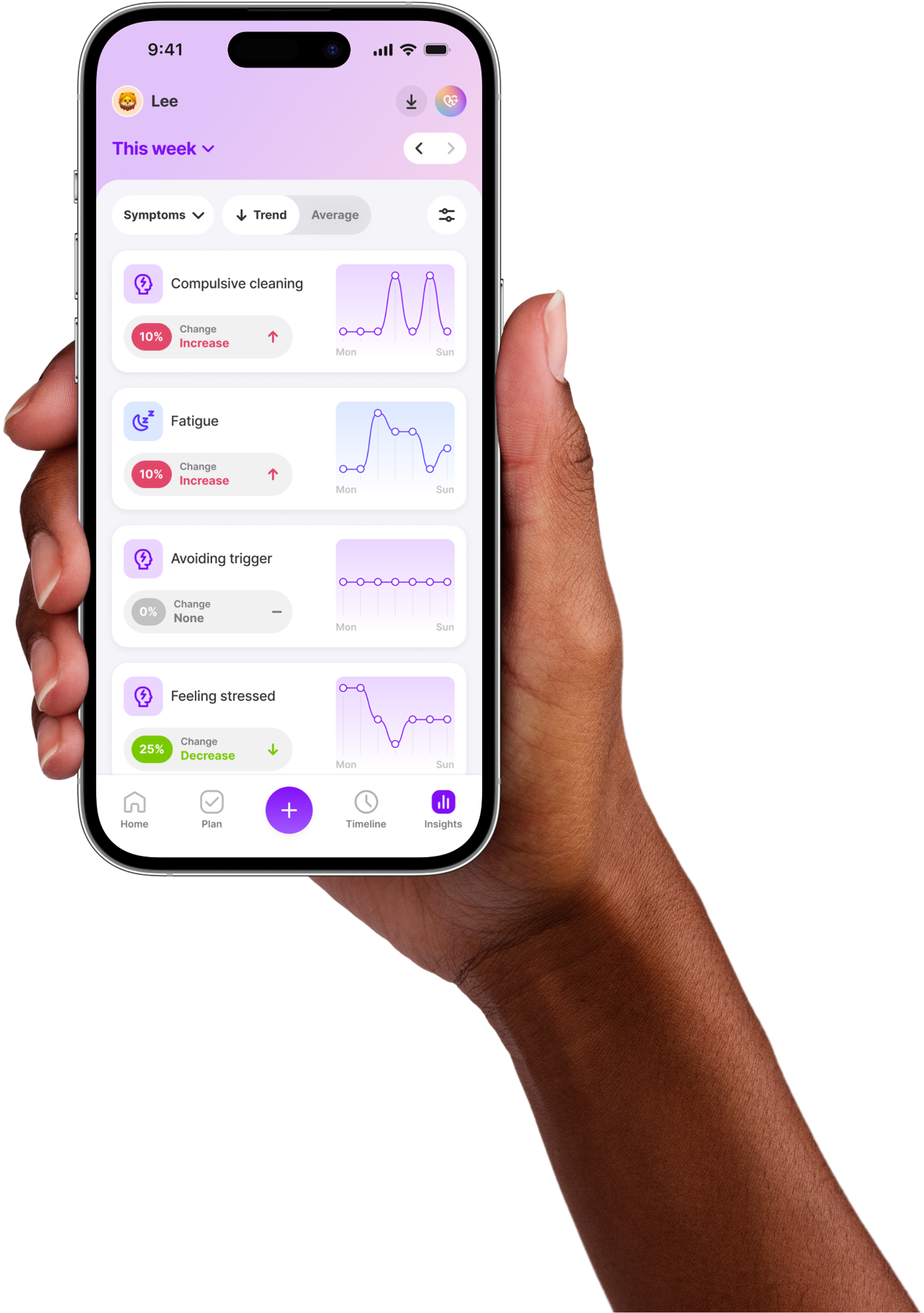
leading doctors & scientists
An OCD app is a tool that helps you record and reflect on symptoms such as intrusive thoughts, compulsions, and anxiety. Living with OCD can be overwhelming, and it’s often difficult to explain what you’re experiencing day-to-day. Tracking gives you a way to capture these moments, notice patterns, and bring clarity to therapy or medical appointments.
Only a qualified healthcare professional can diagnose OCD or recommend treatment. Tracking is simply a way to support your own understanding and prepare for better conversations with your care team.


Understand how OCD affects you
Record how your symptoms impact you day-to-day, and see how they change over time.
Spot your triggers
Get insights about what makes your symptoms better or worse by identifying patterns in your symptom changes.
Built-in journal
Use journal entries and notes to unscramble your thoughts, and reflect on them to see your progress.
Real health data
Share a clear and comprehensive summary with your care team, so they can understand how to best support you.
“I have never taken a questionnaire like the symptoms survey in Human Health, and i wish it would be available in more clinics and counselling centers. It truly made me feel seen and heard, and that i am not alone.”
“I have never taken a questionnaire like the symptoms survey in Human Health, and i wish it would be available in more clinics and counselling centers. It truly made me feel seen and heard, and that i am not alone.”
“I have never taken a questionnaire like the symptoms survey in Human Health, and i wish it would be available in more clinics and counselling centers. It truly made me feel seen and heard, and that i am not alone.”
“I have never taken a questionnaire like the symptoms survey in Human Health, and i wish it would be available in more clinics and counselling centers. It truly made me feel seen and heard, and that i am not alone.”
“I have never taken a questionnaire like the symptoms survey in Human Health, and i wish it would be available in more clinics and counselling centers. It truly made me feel seen and heard, and that i am not alone.”
Track OCD-related symptoms in detail
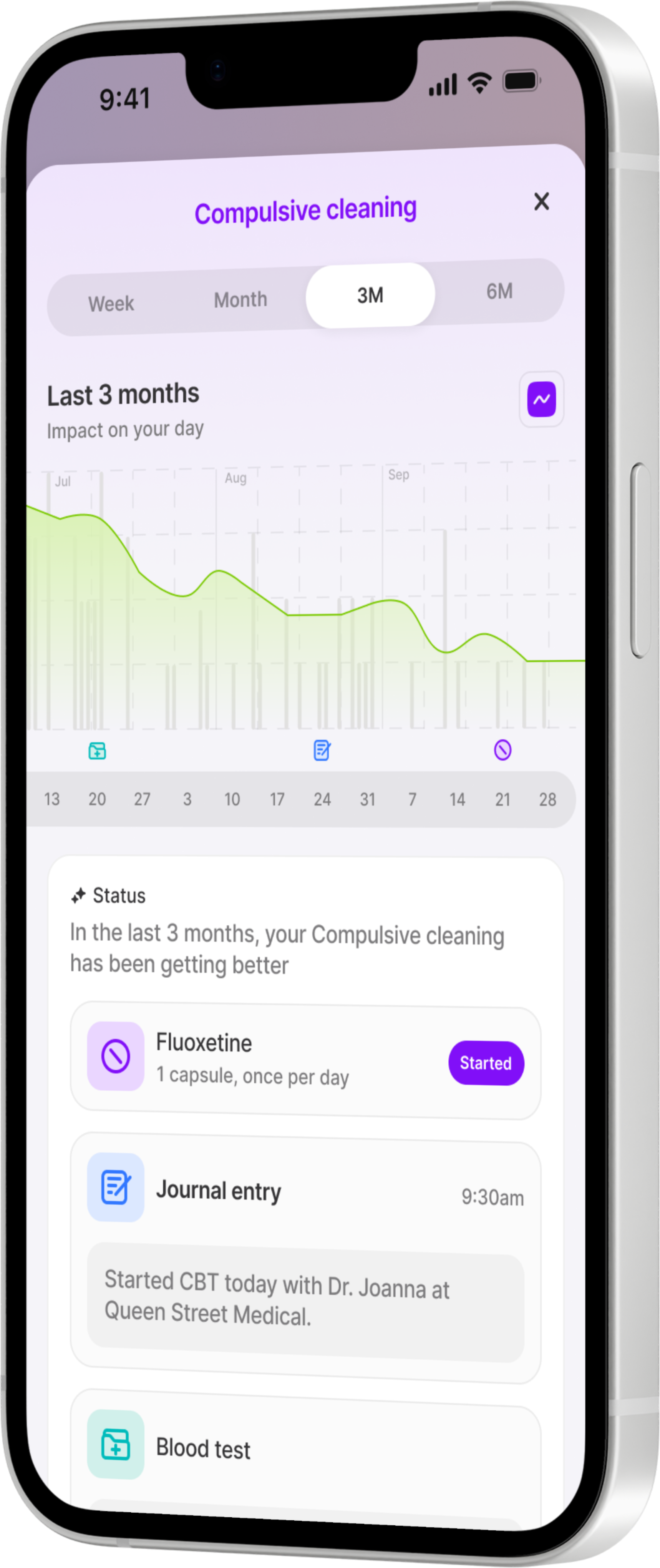

Log frequency and intensity over time
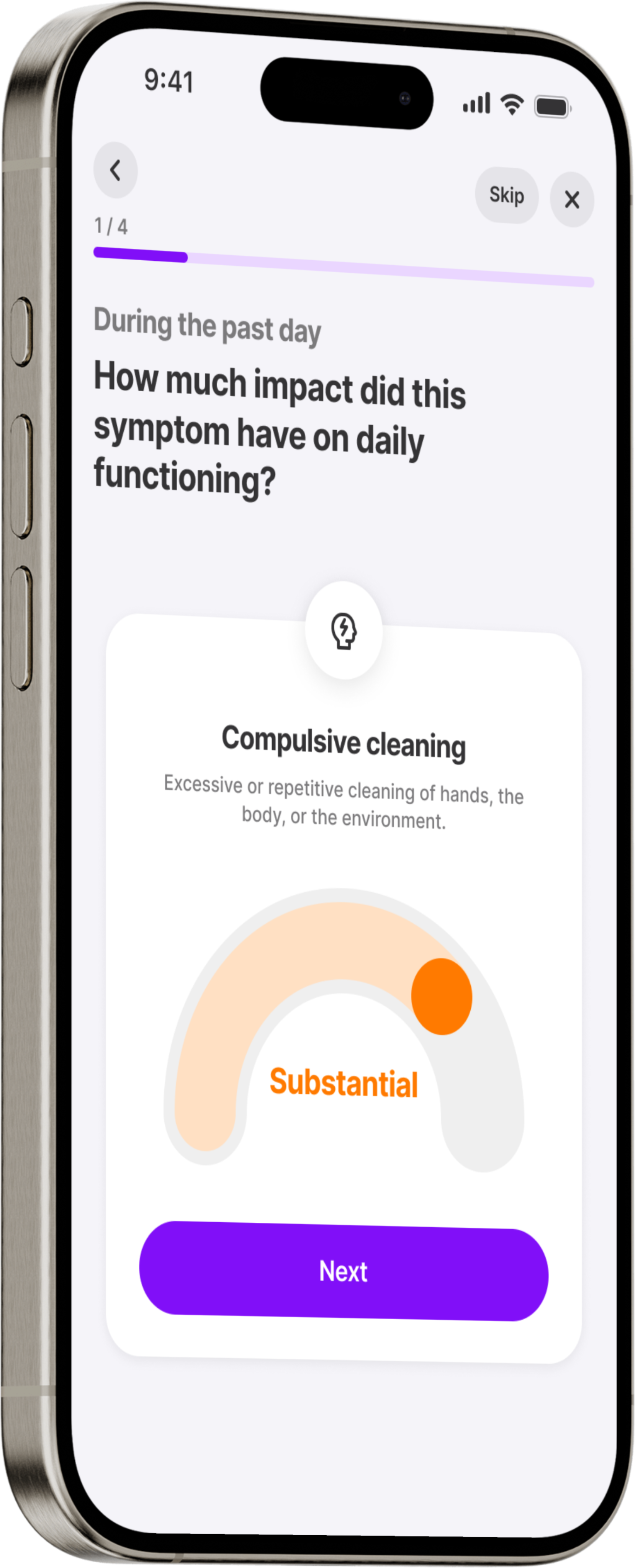
Log frequency and intensity over time
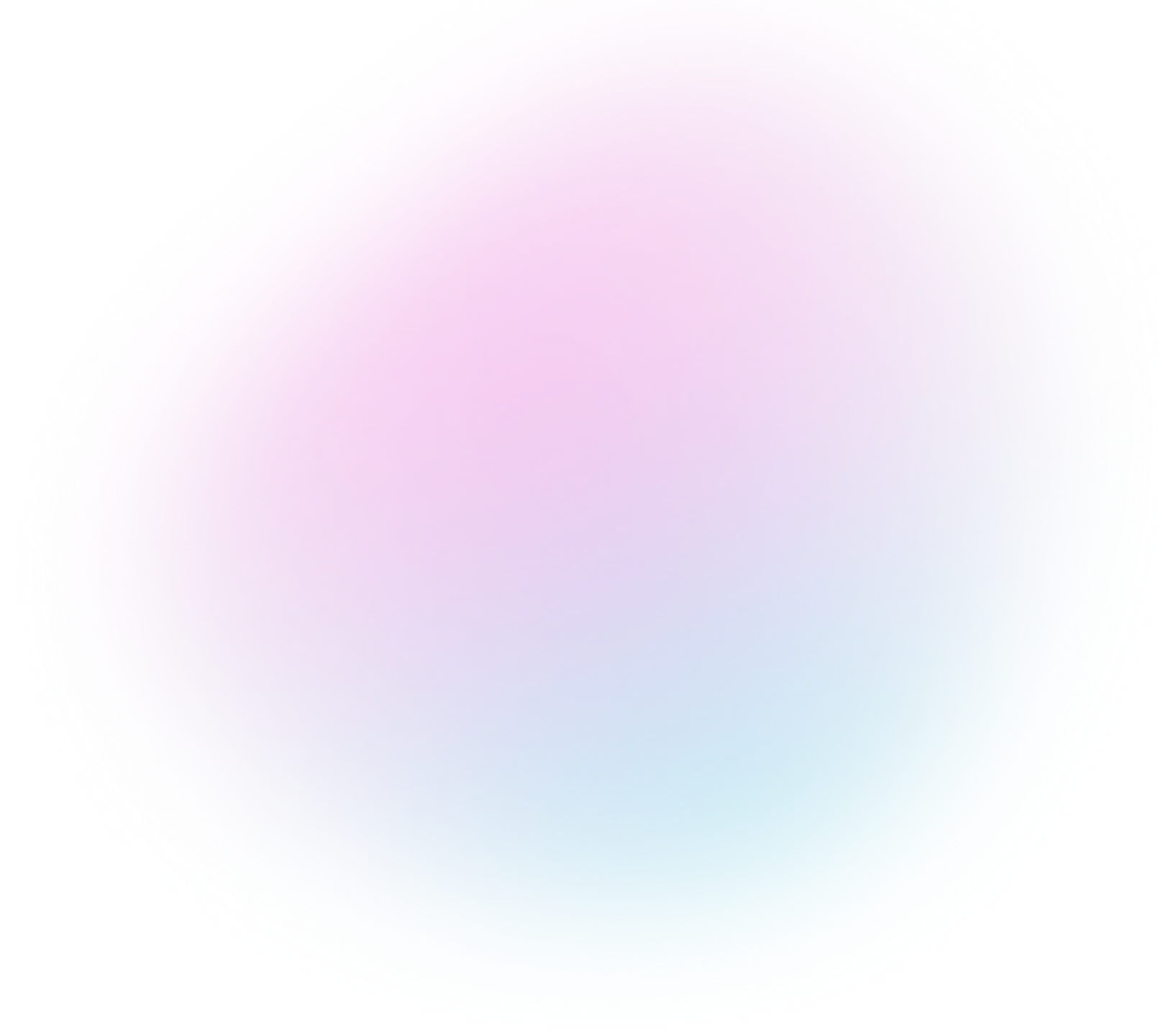
Add notes to capture context


Spot links between triggers and compulsions
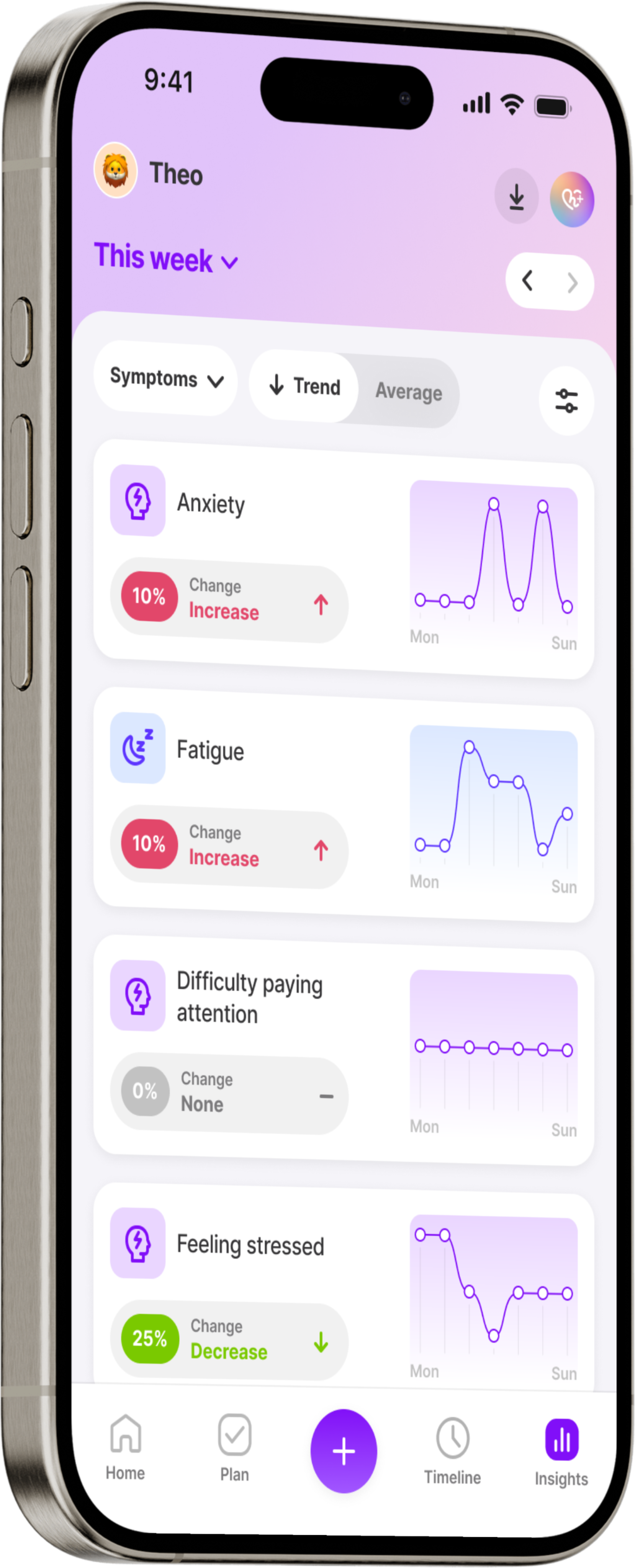
Spot links between triggers and compulsions
.png)
Export structured reports for therapy sessions

.png)

Sign up for a free account
Add OCD to your medical history and start tracking symptoms relevant to you.

Log obsessive thoughts and compulsions as they happen
Keep track of when your symptoms are triggered and how much they're impacting you day-to-day.
.png)
Get insights into your symptom patterns
Learn how your symptoms are changing over time, and see patterns in what makes them better or worse.

Share summaries with your care team
Learn how your symptoms are changing over time, and see patterns in what makes them better or worse.
No. You don’t need a diagnosis to begin tracking. Some people start when they notice repeated intrusive thoughts or behaviors but are still waiting for an assessment. Others use it to reflect on stress or anxiety that may or may not be linked to OCD. Only a healthcare professional can diagnose OCD, but the app helps you organize your experiences for better-informed conversations.
You can track obsessions, compulsions, anxiety levels, and mood changes. This might include repeated checking, intrusive thoughts, mental rituals, or compulsive cleaning. You can also add your own custom entries so your logs reflect your exact experiences. For example, someone might track “door checking at night,” while another might log “rumination on health worries.”
Yes. Notes let you describe what was happening at the time, such as “felt urge to wash hands after using public transport” or “rumination after stressful meeting.” These details add depth to your logs and make it easier to connect symptoms with triggers, routines, or stressors.
Bringing a structured record to therapy saves time and reduces pressure. Instead of trying to recall how often a compulsion occurred, you can show your provider a clear report of frequency, intensity, and context. This makes sessions more focused and helps therapists tailor strategies to your real experiences.
No. You can also use it to reflect on progress. For example, you might log times when you resisted a compulsion or when intrusive thoughts were less intense than usual. Recording these positive shifts helps you recognize growth and can provide encouragement during therapy.


.png)


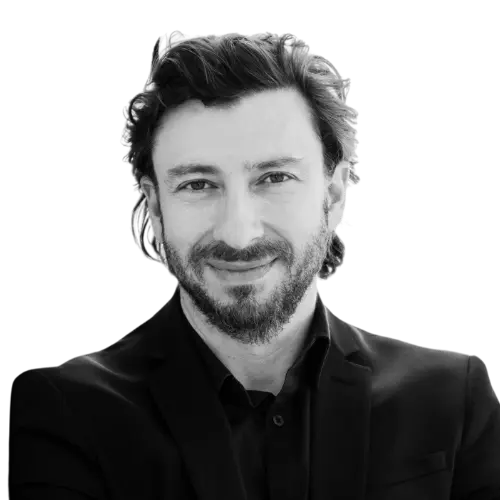




.png)





.png)
